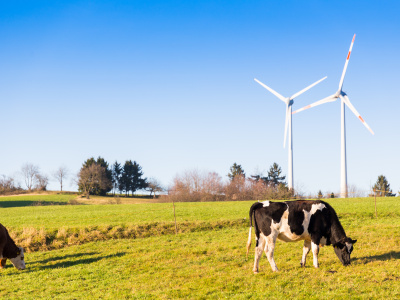MISTRA Environmental Communication at the Institute of Communication Studies and Journalism (MEC@ICSJ)
Research at Charles UniversityAt MISTRA Environmental Communication at the Institute of Communication Studies and Journalism (MEC@ICSJ) we research the communication of environmental and sustainability issues in Swedish arts and media.
The MISTRA Environmental Communication (MEC) Research Programme is a four-year research project, based in Sweden and implemented by an international consortium, which includes the Institute of Communication Studies and Journalism (ICSJ) at the Faculty of Social Sciences at Charles University. Moreover, it is hosted by the Swedish University of Agricultural Sciences (SLU), and it involves academics at SLU, Uppsala University, Lund University, Borås University, the University of the Sunshine Coast in Australia and the University of Texas at Austin.
ICSJ are particularly interested in the discursive struggles between the different environmental and sustainability discourses that circulate in Swedish arts and media. In addition, we work on developing strategies to open up existing discursive patterns and constellations for constructive engagement with new or marginalised perspectives. Moreover, we focus on how materiality intersects with these discourses on the environment, looking at how the material is entangled with the discursive, and how the material can play a primary role in dislocating particular discourses, but also in how the material invites for particular discourses to be assembled with it. A third research strand focusses on the participatory dimensions of the MEC Research Programme itself, investigating how in this research programme, with its large number of societal partners, the power relations between academic and non-academic team members are organised and can be further equalised through a series of participatory tools.
MISTRA@ICSJ is responsible for work package 5 (WP5) of the Mistra Environmental Communication Research Programme. WP5 has the following aims:
- to understand the formation and nature of environmental and sustainability discourses as expressed in Swedish arts and media, and how they influence scope for individual and collective action;
- in a transdisciplinary team, to develop thinking tools to examine and challenge discourses in order to open up existing discursive patterns and constellations for a constructive engagement with new
or marginalised perspectives.
Team leader & members
- Nico Carpentier & Vaia Doudaki
- Jutta Haider
- Sofie Joosse
- Malte Rödl
Selected publication
- CARPENTIER, NICO (2020) Communicating Academic Knowledge Beyond the Written Academic Text: An Auto-Ethnographic Analysis of the Mirror Palace of Democracy Installation Experiment, International Journal of Communication, 14: 2120-2143.
- DOUDAKI, VAIA, CARPENTIER, NICO (2020) From stakeholders to joint knowledge production partners: The participatory development of guiding principles and toolkit to structure the participation of non-academic partners in academic research, IAMCR 2020 conference, Online (12 to 17 July 2020).
- CARPENTIER, NICO (2020) Silencing / Unsilencing Nature: A reflection on giving nature more of a voice, Media Leadership Forum, Jinan University, China (13 – 18 July 2020), invited keynote (video) lecture.
Contact
Charles University
Faculty of Social Science
PhDr. Anna Rozsypal Pajerová
E: anna.pajerova@fsv.cuni.cz
More information
We have an interest for motivated post graduate students interesting in environment, doing research into the discursive construction of the environment, climate and/or human-nature relationships, driven by a discourse-theoretical (or other post-structuralist) framework, that allows for attention for the workings of contingency, hegemony, materiality and discursive struggle.
